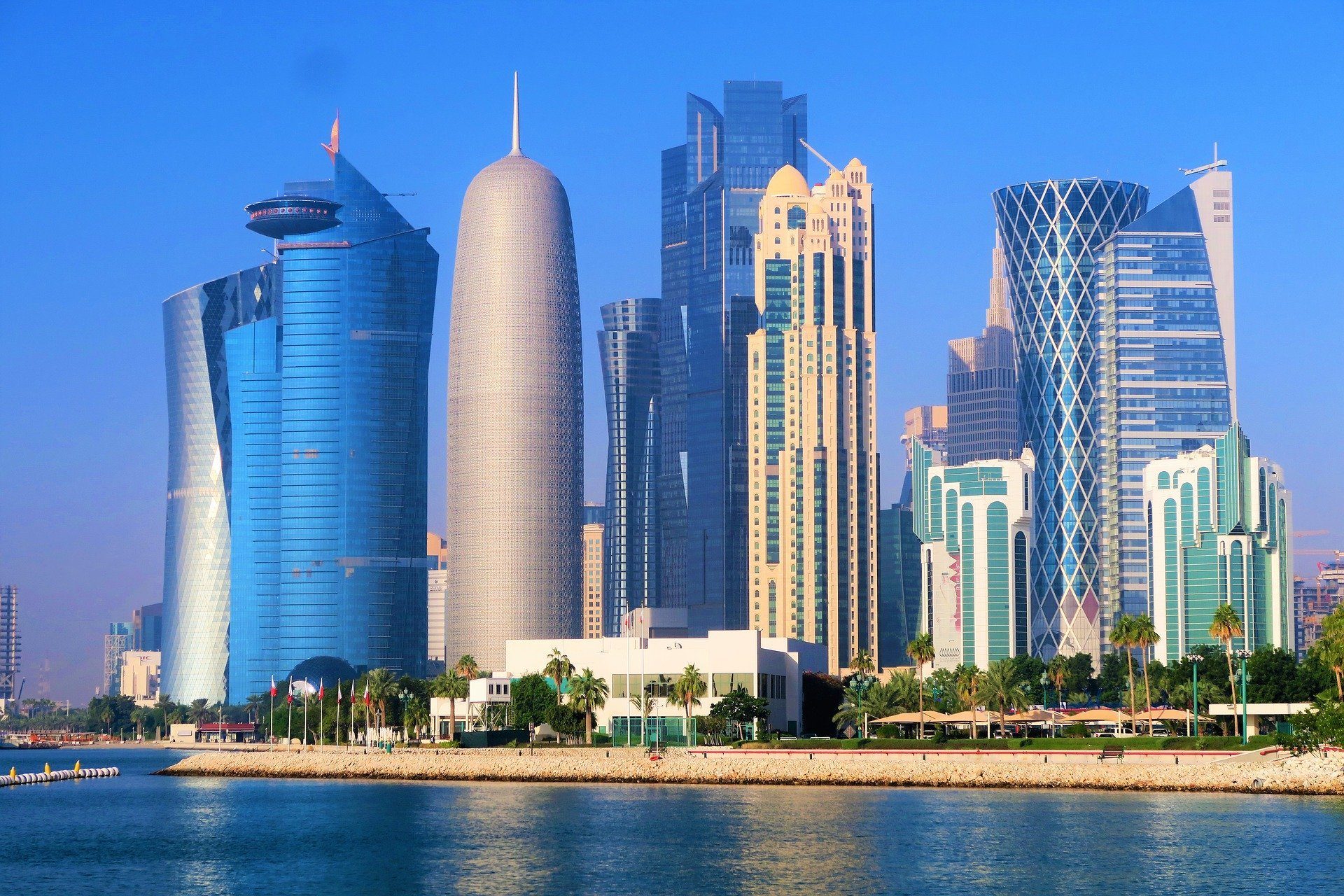Research predicts a rise Qatar’s Gross Domestic Product (GDP), a leading economic indicator, over the next four years for Qatar
Qatar’s GDP may scale up to $208bn in 2024 from $162bn this year, an increase of almost 30% over four years, that’s according to FocusEconomics, a leading provider of economic analysis and forecasts.
Next year (2021), Qatar’s GDP shows a 7.2% projected increase to reach $174bn, followed by a further 6.4% to reach $185bn in 2022 and another 1.9% increase to hit $196bn in 2023.
Two other economic indicators, the rate of inflation and that of unemployment, also point to a healthy and growing economy over the next few years.
According to the report, the country’s inflation will be -1.8% this year, likely due to the COVID-19 pandemic, 1.2% (2021), 1.7% (2022), 1.8% (2023) and 1.9% in 2024.
Consumer prices fell 4.1% in August, down from July’s 3.4% drop, meaning there’s now lower prices on recreation, culture, transport and housing products and services. Prices in general are expected to continue declining over the rest of 2020 before picking up again next year as activity recovers.
Read also: Foreign ownership rules loosened as Qatar opens up to global investors
When the GDP is compared with the inflation rate, Qatar generally shows net positive economic growth. Despite the significant rise in inflation predicted in 2021, the rise should be seen as a positive indicator of recovery from the loss due to COVID-19 as people start earning more and in turn are expected to spend more.
Qatar’s unemployment rate will remain a meagre 0.1% in 2024, from 0.4% this year. In 2021, it is predicted to be at 0.3% and 0.2% in 2022 and 2023, according to the esearch done by FocusEconomics.
The increase in GDP and inflation and decrease in the unemployment rate from 2023 to 2024, shows the economy still going strong, post the 2022 FIFA World Cup, with many major projects planned even after the tournament, particularly those related to Vision2030.
Read also: Qatar’s non-energy private sector ‘expands’ despite turbulence
The sharp decline in this year’s economy is due to a combination of factors including the COVID-19 pandemic, low energy prices and plummeting visitor arrivals. However, in the third quarter of the year, the economy seems to have recovered somewhat due to the progressive lifting of lockdown restrictions. As a result, economic activity has largely resumed, although capacity restrictions remain in place in stores and workplaces.
There is still concern though when it comes to the hospitality sector which the report says has “likely remained under pressure” due to weak visitor arrivals.







